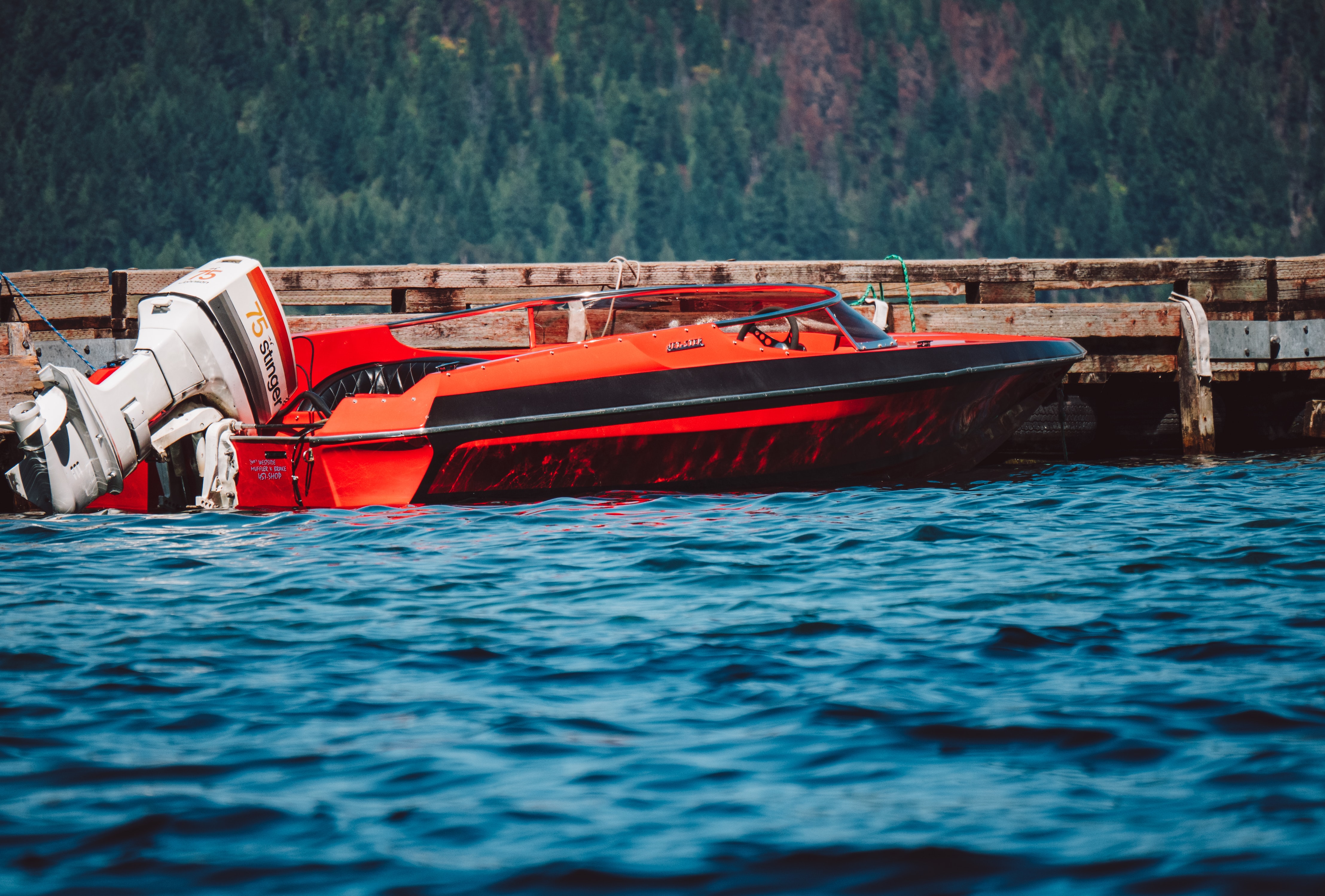Whether buying your first boat or third, picking the right one requires a ton of research and plenty of shopping around. Unlike other purchases (like the dozens of things we all buy on Amazon every week), a boat is not something you can simply return if it’s not what you expected. After getting the keys, the vessel is yours through and through.
That’s why it’s so important to do your due diligence before signing on the dotted line. While there are many differences that come with buying a boat used as opposed to new, the research stage is always vital. This should be factored into your timeline with such a big decision on the horizon.
This might all seem complicated and time-consuming, but it’ll all be worth it in the end when you’re the owner of your dream boat.
The Process of Buying a Boat
Before we dive into the details. Here’s a breakdown of the boat buying process.
- Pick a boat type that fits your needs.
- Determine how much you can afford and whether you want to buy it used or new.
- Will you finance the purchase? If so, research and learn more about boat financing and how to get a loan.
- Shop for the boat, looking at the different options.
- Research the current market value and negotiate the price.
- Do a sea trial.
- Consider getting a marine survey.
- Renegotiate the price based on your findings or close the deal.
- Get the boat registered, insured and ready for navigation.
» MORE: Boat Buying Process Timeline
Boat Type
Start by building and prioritizing your wish list, while still abiding by your budget. What are the main reasons you decided to purchase a boat?
If you’re having trouble answering that question, here are some things to consider when determining which boat type is right for you.
- Location: consider where you will be using the boat. For example, if you plan to go offshore boating, something with a deeper hull will make more sense. In smaller waterways, however, you can get away with a smaller vessel.
- Passengers: In general, how many people will you have on board?
- Towing: Do you have a car that is big enough to trailer your boat? If not, can you afford marina storage?
Considering the components of boat ownership can help lead you decide which boat is right for you.
New or Used?
Set a budget and stick to it. This will be a good indicator as to whether you can afford to purchase the boat you want brand-new or not.
While a new boat has its perks, a pre-owned craft is typically much more affordable. Consider all the additional expenses that come with a boat beyond the sticker price (insurance, storage, maintenance and more).
» RELATED: Finding an Affordable Boat
Financing a Boat Purchase
Buying a boat can be very expensive. Many owners turn to a loan to make it more affordable.
A lender will look at your financial standing, including credit, outstanding debt, and annual income. You will need to document these items.
Based on that information, the lender will approve you for a specific amount and at a certain interest rate. Overall, it’s a relatively simple and easy process.
» RELATED: 5 Simple Ways to Save for Your First Boat
Shop Around
Now for the fun part – shopping. Start with a general search on Google. Get a feel for the market and boat pricing in general.
From there, you can focus on specific models through manufacturers websites, dealerships, reviews, forums, and more.
Closing the Deal
Once you’ve found a model you like, inspect its contents. Start with a sea trial and see how you like the boat on the water. Could you see yourself liking this particular craft long-term?
Next, consider getting a marine survey, especially if you are being a larger, pre-owned boat. This will tell you whether there are any issues with the engine, propeller, bilge, steering systems, electrical systems, and all other major components.
Based on that information, you can negotiate the price with the dealer, owner, or whoever.
Insurance
Turns out, you’ve still got another big decision on the horizon – getting the right type of coverage and boat insurance policy, more generally.
Many choose to take the easy route with the lowest possible amount of coverage. This often comes in the form of a liability-only policy. However, buying a boat is a major financial undertaking and it is important to protect this asset.
» MORE: A Breakdown on Liability Coverage
Besides, a cheaper, low-coverage policy could wind up costing you more than expected in the long run. Protecting your boat and financial security is an investment worth making.
The process of getting a boat insurance policy is also simple and easy to do. The amount of coverage needed will often depend on your ride. Did you buy a 10-year-old, used boat or something brand-new?
For something older, you may opt for liability-only protections in the event that you accidentally hit something or someone.
On the other hand, if you’re looking to protect a pristine, new boat, you may want something more comprehensive. This is often a policy that protects against “all risks”, covering you for accidental, unexpected events. These protections will come in handy for a vessel that has a high-ticket price.

